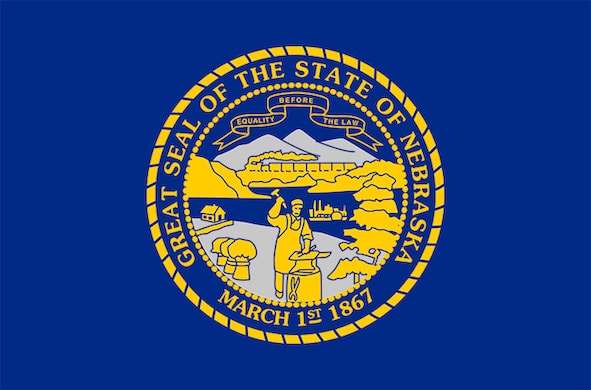
President Trump, speaking at an event on the opioid epidemic.
In February, President Trump signed into law the Family First Prevention Services Act, a bill that increases federal funds for services to stave off the use of foster care while cutting down federal support for congregate care.
But Family First was wedged, along with a slew of other bills, into a temporary spending bill to keep the government from shutting down. So its passage was not much of an executive branch endorsement. And later that month, Trump’s proposed 2019 budget shopped a block grant alternative for states that were willing to pass on the Title IV-E entitlement that is overhauled by Family First.
But this week, in a statement recognizing May as National Foster Care Month, the administration singled out Family First for praise. From the statement, issued yesterday by Trump:
My Administration is dedicated to bringing help and healing to families threatened by addiction so that parents and children can stay together in a safe and stable home environment.
In February, I signed into law the Family First Prevention Services Act, a law that aims to keep children at home and out of foster care by allowing States to use matching funds from the Federal Government for substance abuse prevention and treatment, mental health services, family counseling, and parenting-skills training. When it becomes necessary to place children or youth in foster care, this new law gives States incentives to reduce the placement of children in congregate care in favor of more desirable family atmospheres.
Trump’s proposed 2019 budget for the Department of Health and Human Services pitched Congress on a plan similar to one championed by the Bush administration in the mid-aught’s: In lieu of the entitlement – which until Family First funded only foster care services and adoption subsidies – states could accept a capped allocation of child welfare funds that was far more flexible in use.
This could free up those dollars for more upstream efforts to prevent child abuse and neglect in the first place, a policy priority for Trump’s child welfare team.
A “national day” proclamation is hardly firm policy, but it does suggest that the administration sees its own plan as an alternative to the IV-E entitlement, and not necessarily a preference over it. It is worth noting, because Trump’s HHS will have a lot to say about the way in which Family First is translated from law into rules and regulations for states.
The Family First Act permits states to use IV-E reimbursement for up to 12 months to serve parents who would otherwise have their children removed into foster care. The allowable services, which must meet certain thresholds of evidence-based history, include treatment for substance abuse, mental health interventions and parenting skills.
The act also cuts of federal IV-E payments for congregate care after two weeks, with several notable exceptions.
This is the 30th annual National Foster Care Month. Ronald Reagan officially noted its observation for the first time in 1988.






